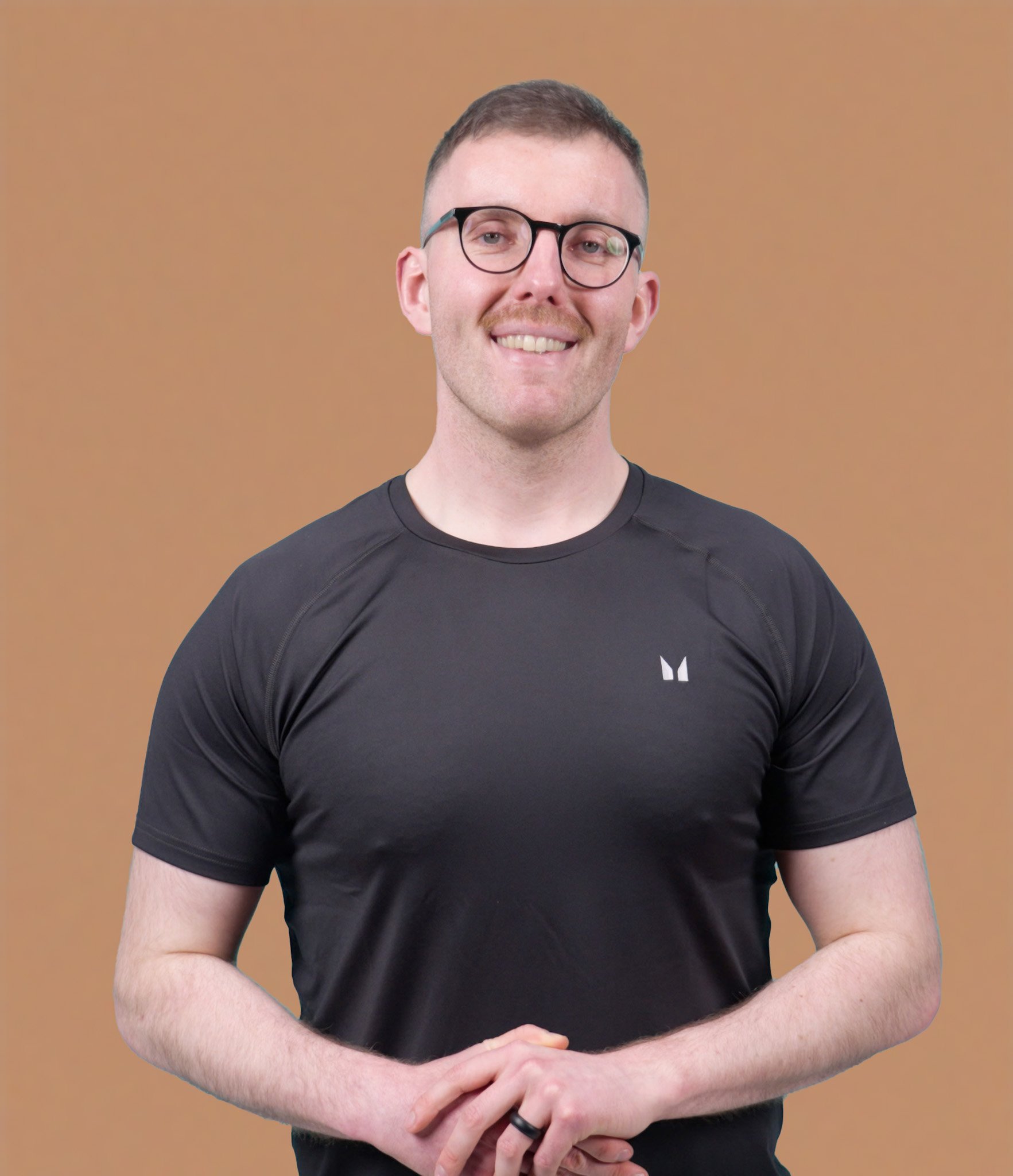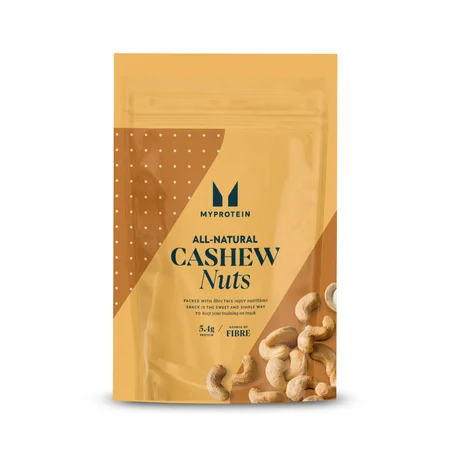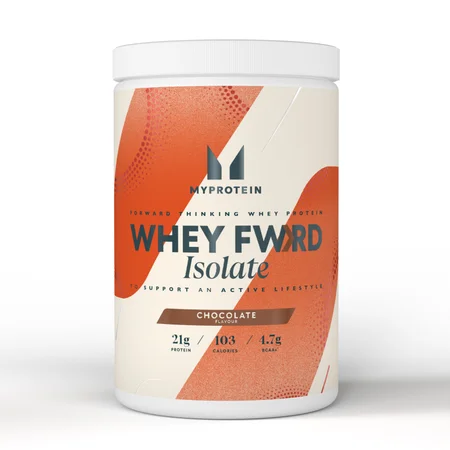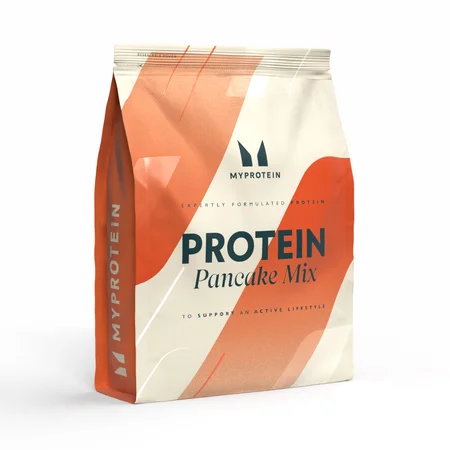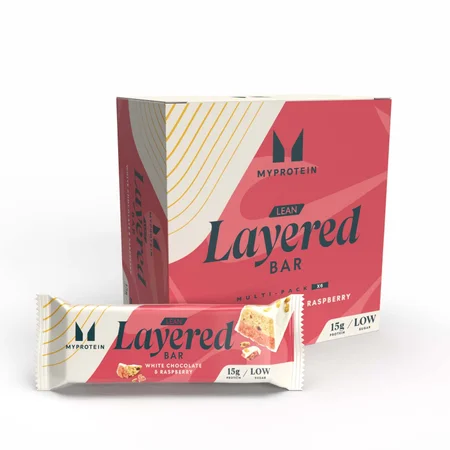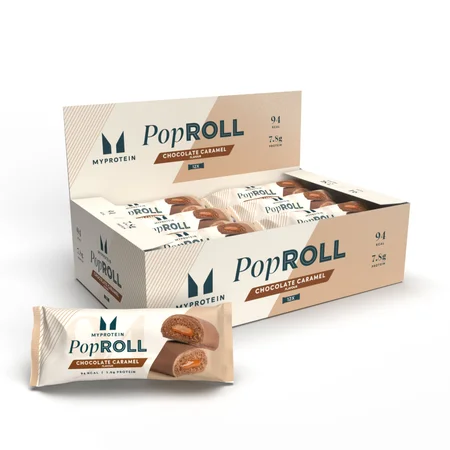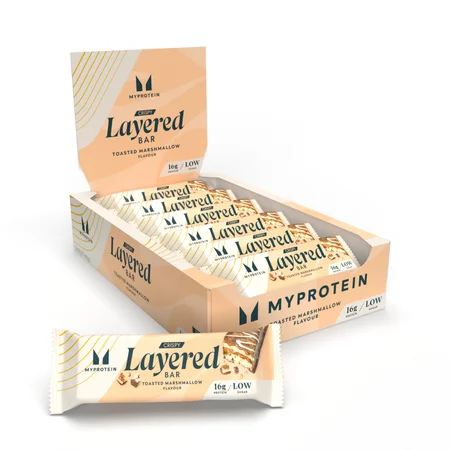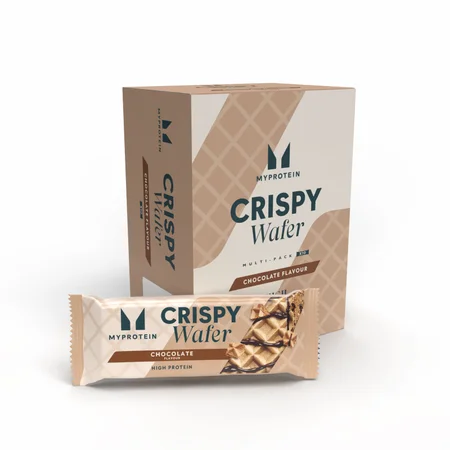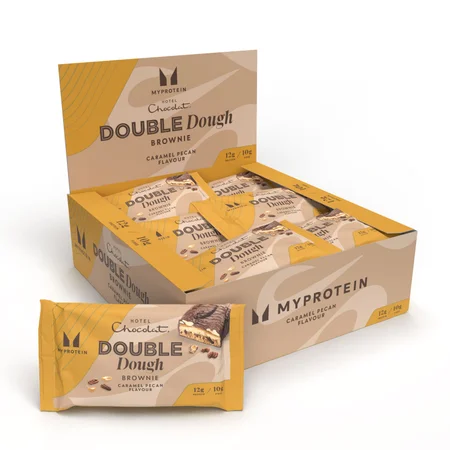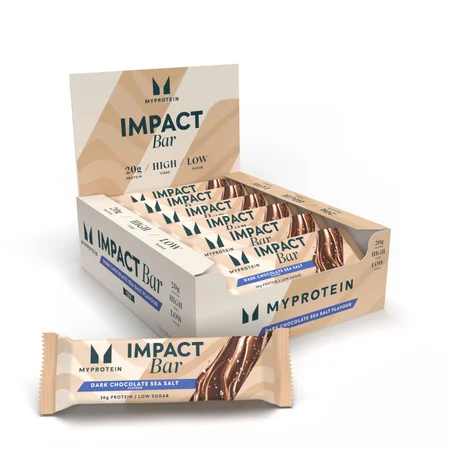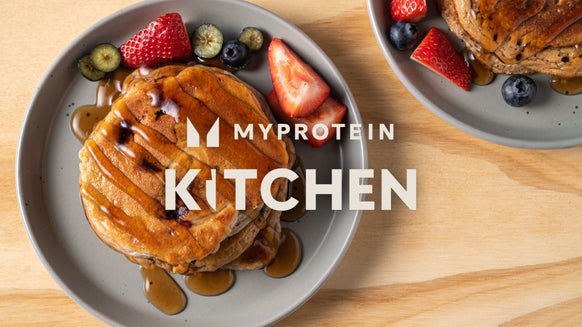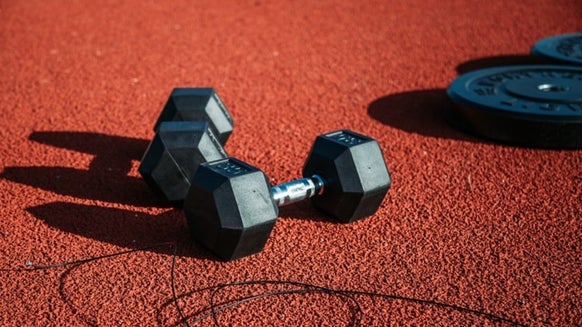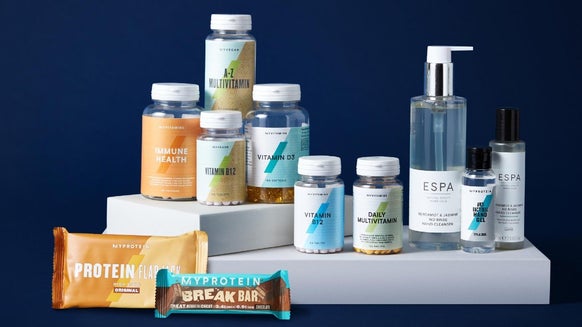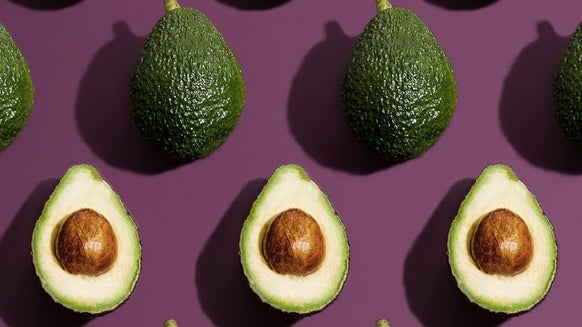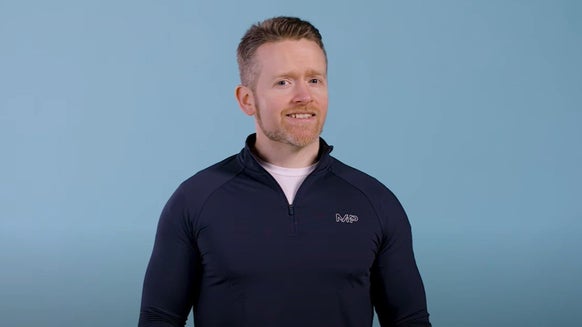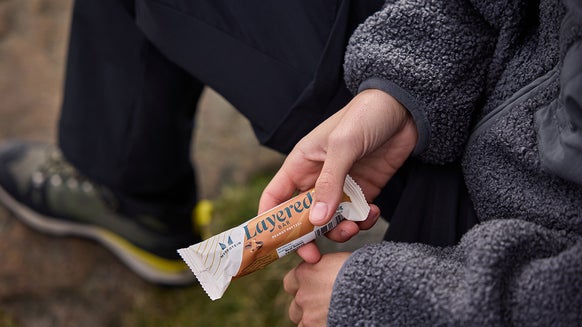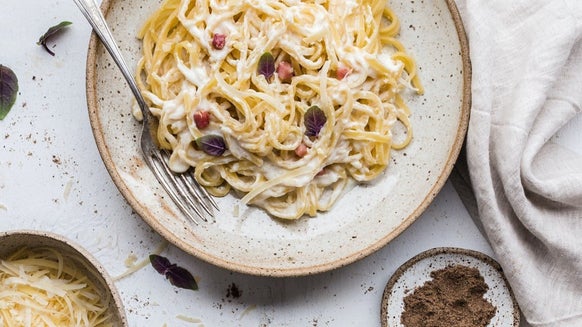10 Best Snacks For Energy
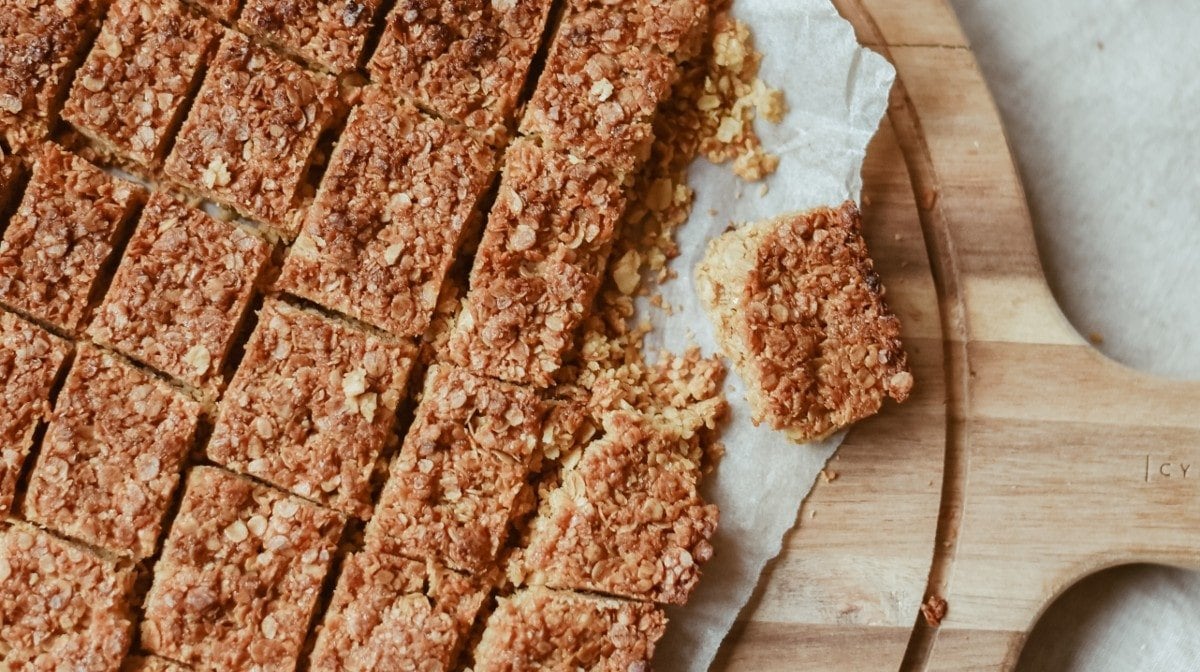
There’s an ocean of information telling us how to have nutritious meals, what they look like and why they’re important.
Comparatively, the facts on snacks are a little more sparse. This can make food choices between meals a little more complex.
Snacks, which are essentially mini meals, provide us with energy between meals and help maintain our nutrient levels.
We can also introduce fun and flexibility into our diets through snacking. Eating for enjoyment is a way to maintain a healthy, positive relationship with food.
In this article, we’ll discuss the importance of snacks and cover 10 of the best snacks to include in your diet.

The importance of snacks for energy
Snacks can play a hugely versatile role in our diets. Whether for health, performance, joy or practicality, snacking can help us meet our nutrient needs and fuel us through the day.
When we choose snacks, it’s useful to consider their macronutrient content and our energy needs.
For example, if we’re snacking for energy, is it for a quick burst we need or a more sustained one?
Macronutrients also play differing roles in energy, but what’s the difference between them?
Carbohydrates are the body’s primary energy source. If your goal is more sustained energy, then opt for slow-digesting carbs that release energy over a prolonged time.
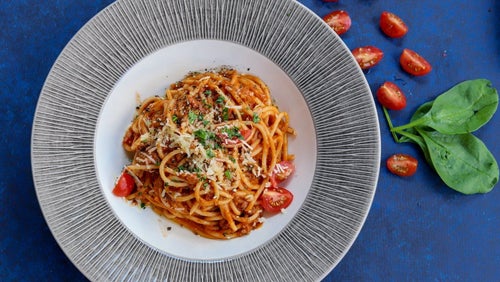
Why Carbs Aren't The Enemy | Different Types of Carbohydrates & Benefits
It's time to make friends with carbs...
If you need a more immediate source of energy — before, after or during training, for example — fast-digesting carbs like pasta or fruit are a better option. These foods are more quickly absorbed into the bloodstream, providing a quick release of energy.
Protein and fats are also important for energy, but this is not their primary benefit for our bodies. While both are vital for health, neither is a particularly efficient source of energy.
Keto and low-carb diets involve adapting the metabolism to use fats for energy, so people following these approaches may be better suited to high-fat snacks for energy.
Protein is the least efficient energy source as it has to go through multiple layers of conversion before it can be entered into the energy cycle. It also helps to keep you feeling full and has critical benefits in repairing and rebuilding muscle tissue after exercise.
So, now we know the macros and their roles in energy, let’s move on to some snacks that can help you feel peppy and productive throughout the day.

Top 10 best snacks for energy
Bananas or dried banana chips
The humble banana is the perfect snack to have before, after or during a workout. It’s a wonderful blend of readily available carbohydrates, vitamins, electrolytes and water. Obviously, banana chips will not help with rehydration, but the other benefits remain.
Protein bar or flapjack
Protein bars and flapjacks are ideal virtually any time of day, whether during training, at breakfast, before bed, or as a mid-morning or afternoon pick-me-up.
They’re a good source of protein, a mix of readily available and slow-digesting carbohydrates, and usually packed with many additional vitamins and minerals.

Apple slices, rice cakes and nut butter
A wonderful combo of carbs and fats that can keep you fuelled throughout the day while providing a whole host of healthy fats, some fibre, plenty of vitamins and nutrients, and slow-digesting carbohydrates.
Fancy having this as a snack before your workout? Simply swap the peanut butter for some jam on your rice cakes, or have the apple slices on their own with a cup of black coffee or pre workout!
Nuts
Nuts are a brilliant snack: they’re energy dense, packed with healthy fats, and so easy to have on the go between meals.
Most varieties of nuts aren’t the best option for a pre-workout snack, but they are incredibly handy for those who are looking to increase their calorie, fibre and protein intakes.
A small handful of nuts are a perfect combo alongside fat-soluble vitamins (like vitamin D) as it can help improve absorption.
Yoghurt
Yoghurt is a great source of high-quality protein and carbohydrates. It's also rich in vitamins and minerals, including calcium, which is essential for strong and healthy bones.
Yoghurt is a great choice for training — and adding granola or another form of cereal can provide bonus energy.
Yoghurt is also good for providing sustained energy throughout the day, too. Given its protein content, it can help regulate energy release. You can even include some fruit for some added fibre.

Hummus and carrot/celery/pepper batons
Hummus (preferably homemade — it’s so good!) and veggie batons are a nutritious, easy-to-prepare snack that also contributes to your five a day!
Perfect as an after-lunch or late-afternoon snack, this is a great way to get some veggies into your diet that may otherwise be bland.
Cereal
Everyone loves cereal, right? It's great news then that cereal is an ideal pre or post-training snack, helping to increase or restore energy.
Have a bowl with some plant-based or cow’s milk, or even yoghurt, for some added protein.

Bagels
Bagels: are they the best bread? They’re certainly up there. Impossible questions aside, bagels are a great source of starchy carbs for training and recovery, but some varieties may also be better as between-meal snacks as they are rich in fibre and slow-digesting carbohydrates.
They’re also the perfect parcel for a range of other healthy ingredients. A bagel with high-protein cream cheese is a great snack option when sustaining energy is the goal. On the other hand, a raisin and cinnamon bagel slathered with marmalade or jam may be better for fuelling an intense gym session.

Protein shake
This one shouldn’t require much explanation. Having a protein shake during the day (whenever it may be) is a great way to meet your protein requirements.
Having a shake after a workout supports recovery and helps you better adapt to the training you’ve just completed — a virtual must-have for any exercise enthusiast.
Dried fruits
Dried fruits are one of the best on-the-go workout options. Brimming with readily available carbs and plentiful in vitamins, minerals and fibre, dried fruits are great additions to smoothies, yoghurt, porridge bowls and protein puddings. They’re great to have on their own too — knocking back a small handful during a session could make all the difference to your performance.
Top 7 best post-workout snacks
After the long, hard process of gearing yourself up to work out, you’ve gotten through to the other side. You worked out. You sweated hard. You made it. You are the epitome of health, but also, all kinds of hungry and suddenly, everywhere you turn, there’s another fast food restaurant offering all the goods, and you have no post-workout snacks to hand.
The temptation to devour a 20 nugget share box is next level. Chicken is healthy – protein, right? If only.
To combat this, here are 10 portable post-workout snacks to fuel those muscles, get your blood sugar levels back to normal and prevent hunger-fuelled rampages.
1. Trail mix
OK, this is a similar concept to pick and mix at the movies, minus the sugar spike. There’s no point having worked yourself to the core to fill up on food that won’t make that training worth it. There are heaps of pre-packaged trail mixes, but the best ones are homemade. Grab some nuts, seeds, dried fruit, raisins, banana chips, and then, the fun part – chocolate chips (any excuse for a glucose spike after a workout). It is important to note, however, that the ratio shouldn’t be 90% chocolate chips.

2. Rice cakes & nut butter
Peanut Butter. Almond Butter. Cashew Butter. Our interest is peaked. Rice cakes, despite resembling puffed cardboard, improve tenfold when you add any kind of nut butter. And yes, they are sold in 1kg tubs, because peanut butter is the glue that holds this world together and no amount is too large. Plus, nut butter is brimming with protein, fibre and heart-healthy monounsaturated fats.
3. Boiled eggs
Fancy fuelling those muscles whilst simultaneously upsetting members of the public? Boiled eggs are your answer, ladies and gents. The perfect protein and healthy fat source, to fuel your muscles with all the goodness they need. Also, the perfect way to get some personal space by upsetting everyone’s nostrils and making them leave the area.

4. String cheese
Relive your childhood whilst making big strength gains with a trio of fat, protein, and flashbacks. Although, if anyone reading this bites into string cheese without peeling it, just know, the rest of us will unite and take legal action because that is not OK. These are super easy to eat on the go, but it may be worth investing in a little cool box for this suggestion.
5. Pasta
Pasta is so versatile. Pick a protein of choice and chuck it amongst some penne with lots of veggies, and it’s pretty much good to go. Don’t forget to pack a fork though, society judges people for just shoving their face straight on in there (we don’t know why).
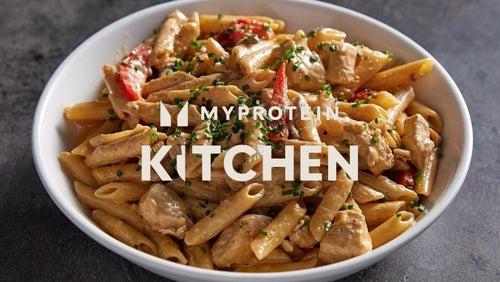
Creamy Cajun Chicken Pasta | High-Protein Meal Prep
When it comes to quick & simple meal prep, this one’s a sure bet.
6. Chocolate Milk
Although it isn’t to be chugged by the gallon, chocolate milk provides a great boost, and is actually often recommended by sports nutritionists for athletes. It’s brimming with protein and carbohydrates, which are vital post-workout. For some, this could be a slippery slope, however, so we should probably all buy individually portioned cartons, and not a 2L bottle, because, do any of us really have that much willpower?
7. Protein pancakes
You know what makes both the perfect breakfast food, but is also great as a post-workout snack? Protein pancakes. Cook that deliciousness up, and it’s probably a good idea to add peanut butter (shock suggestion, we know – apologies to anyone with a nut allergy), chuck them in a meal prep box and they’re good to go. If you’re in doubt with how to make them, or to just live that lazy life, get some Protein Pancake Mix – the Golden Syrup flavour is next level.
Best high-protein snacks
Of course, we couldn't finish an article without talking about protein... So these are some of the best high-protein snacks from Myprotein that you should treat yourself to.
Lean Layered Bar
Looking for a lighter option that still delivers on taste and protein? The Lean Layered Bar will become your new go-to. Layer upon layer of indulgent flavour and moreish texture and just 138kcal and 15g of protein — those are macros you can't argue with.
Pop Rolls
Just looking for a snack to give you a little boost of protein? Pop Rolls are where it's at. A gooey filling and enrobed in smooth chocolate, all while delivering just 94kcal and 7.8g of protein. Oh and these go great with a cup of tea, trust us.
Crispy Layered Bar
The Crispy Layered Bar is a slightly more indulgent snacking option — packed with crunchy protein crispies, gooey caramel, protein dough and covered in chocolate. This bar doesn't just deliver on taste and texture though, it also packs in 16g of protein.
Crispy Wafers
Definitely an underdog of the protein world is the Crispy Wafer. Satisfying your sugar cravings without the sugar-rush and delivering 15g of protein, these are a snacking superhero.
Vegan Double Dough Brownie
Combining cookie and brownie dough is the Vegan Double Dough Brownie. Featuring a protein cookie dough base, layered with a protein brownie dough, topped with low-sugar caramel and finished with a layer of chocolate, all while delivering 13g of protein.
Impact Bar
Calling all sweet-tooth snackers — the Impact Bar is here to satisfy all your cravings. With 20g of protein wrapped up in three layers of indulgent taste and texture, this is a protein bar as you've never tasted it before. And if you can't pick a flavour, start with the Variety Pack to find your fav.
FAQs
Which snack gives you the most energy?
It depends entirely on the serving size and what kind of energy you need. The more carbohydrates you have and the more readily available they are, the more energised you may feel. But bear in mind that may not last long as blood sugar will spike and dip if it isn’t used quickly.
If you need energy more immediately, opt for starchy and sugary carbs (fruits, beige carbs, etc).
If you need energy throughout the day, then opt for wholegrains, seeded or fibre-rich foods (fruit and veg for example).
What food gives fast energy?
These would be your starches and sugary carbs as they take the least amount of time to digest and absorb. This is why dried fruit and even gummy sweets are popular workout nutrition options!
How can I increase my energy?
Aside from nutrients, energy levels are also affected by quality of sleep as well as stress. Aim to have more slow-release energy sources throughout the day, and time fast-release energy sources around training.
It’s also beneficial to follow a sleep routine, manage stress and eat a well-balanced diet.
Take home message
Snacks play an important role in our diet, but they probably don’t get as much discussion as they deserve. After main meals, they're one of the main sources of energy and nutrients in our diets. They can be used to improve performance and recovery as well as sustain productivity and focus throughout the day.
For exercise, time and choice of snacks are important. Foods release energy in different ways, so we need to pick the right foods at the right times depending on what we need.
We must also remember to enjoy food too. Food is as good for happiness and pleasure as it's for nourishment and energy.
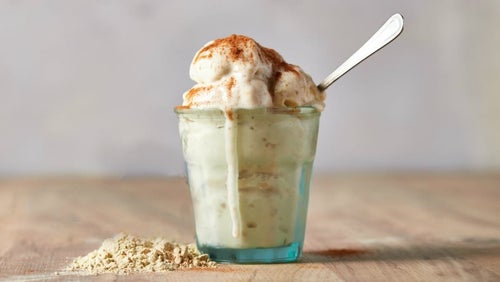
Tasty 30-Second Protein Ice Cream & 9 Other Must-Try Recipes
All you'll need is a blender and few simple ingredients.
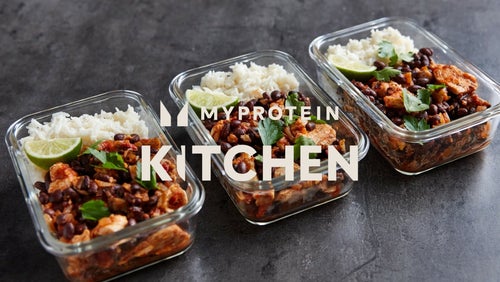
Naked Chicken Burrito Bowl Meal Prep
A low-carb twist on a Mexican classic.
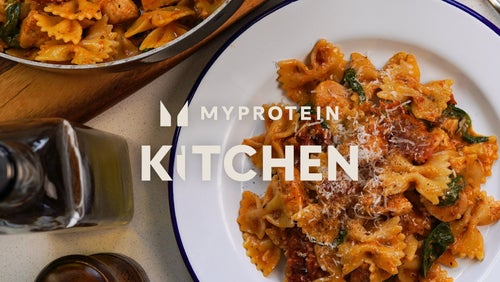
Marry Me Chicken Pasta
The verdict is in. You can never go wrong with a creamy pasta.
READ THESE NEXT:
